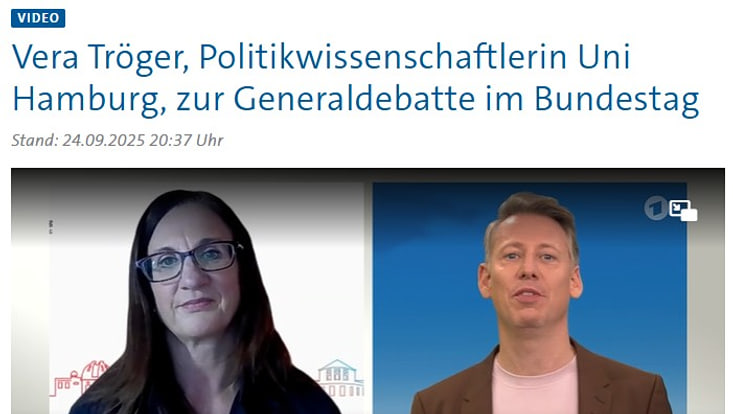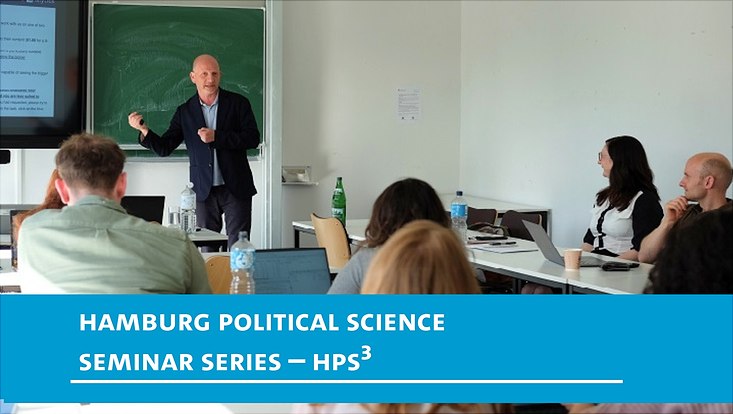IRS -Francesc Amat - Bank Failures and Elites Democratic Consent: An Exploration with Individual DataWe welcome Francesc Amat on May 16 2024
16 May 2024
In the Interdisciplinary Research Seminar of the GRK "Collective Decision-Making", we welcome on
May 16 2024 - 17:15-18:45 CET in VMP 5 , room 0079, ground floor
Francesc Amat (University of Barcelona)
Title: Bank Failures and Elites Democratic Consent: An Exploration with Individual Data (with Enrique Jorge-Sotelo and Pau Vall-Prat)
Abstract: Do economic shocks influence elites’ democratic attitudes and commitment? Elites play a crucial role in shaping democratization processes and their consent is oftentimes thought of as a necessary condition to consolidate democratic political institutions. Canonical contributions by Acemoglu & Robinson (2003), or Boix (2003) have highlighted the importance of elites’ economic interests, the perception of an economic threat or the types of assets in hands of elites to explain when and why elites accept democracy and commit to democratic procedures. Yet, this theory has never been tested at the micro-level with individual data. Here we use a novel individual-level dataset from the failure of a large bank in Catalonia in 1931 ― so that for each individual depositor we know the amounts of their deposits in the failed bank. We match individual depositor data with electoral turnout data from individual voting roll calls for a very specific set of elections in which elites were divided. In the last elections before the outbreak of the Spanish Civil War, in April 1936, some relevant political parties boycotted the elections, and thus individual turnout among the elites can be interpreted as de facto support for the democratic regime. This unique setting allows us to test whether economic interests are indeed influential on elites’ democratic consent at the individual-level. The individual panel structure of the data allows the inclusion of individual FEs and a difference-in-difference identification strategy that exploits individuals’ differential turnout rates across several elections at different points in time – January 1934, February 1936 and April 1936. Preliminary results indicate that, as expected, individuals exposed to financial losses because of the bank collapse were indeed less likely to turnout in the last presidential elections before the Spanish Civil War. We interpret this differential abstention rates among individuals exposed to the bank collapse as evidence of lack of democratic consent. To explore further the mechanism, we also match the individual depositors lists and the individual voting roll calls with individual registers of political associations and clubs. We show that the differential abstention rates among depositors exposed to the bank collapse are driven by individual members of associations and clubs that explicitly supported the boycott of the last democratic elections.
Keywords: Democracy, Elites, Electoral Turnout, Bank Failure, Panel Data
We invite everyone interested to attend and are looking forward to seeing you.
Please find more information on the IRS Seminar Series here.


